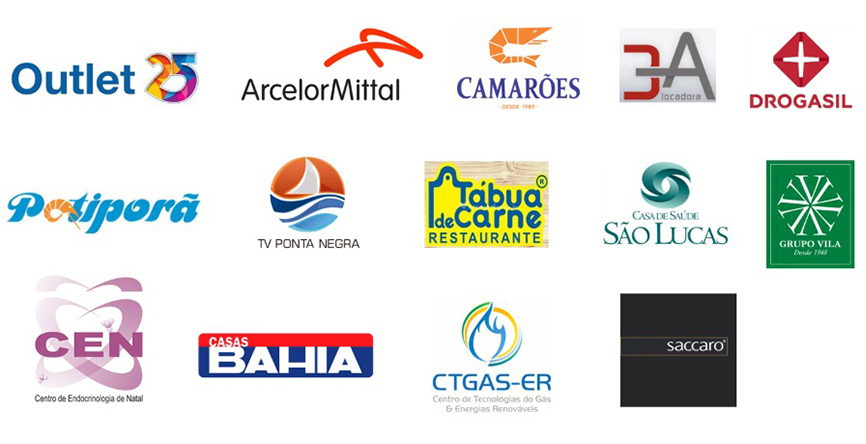The only way to avoid alcohol intolerance symptoms or an allergic reaction is to avoid alcohol or the particular beverage or ingredients that cause the problem. For a minor reaction, over-the-counter or prescription antihistamines might help reduce symptoms, such as itching or hives. An allergic reaction to food usually happens within a couple of hours. A food allergy is your immune system’s response to a food protein that the body sees as harmful.
Is it bad to hold in a sneeze?
Your nose may run or feel congested, and some people also sneeze after drinking. Excessive acetaldehyde can lead to sickness, an irregular heartbeat and the aforementioned facial flushing. Taylor notes that sometimes an alcohol intolerance is the result of genetics. If why do i start sneezing when i drink alcohol a certain drink (or several) doesn’t agree with you, then steer clear. Taking Pepcid before drinking is a popular strategy for preventing the alcohol flush reaction. True alcohol allergy (versus an allergic reaction to ingredients in alcoholic drinks) is very rare.
Who Experiences Alcohol Withdrawal Symptoms?
This process temporarily restores homeostasis, or chemical balance, in an effort to counteract the impact of long-term alcohol use on the brain. You need to sneeze, but no matter what you do, you just can’t. To make yourself sneeze, you can stimulate your trigeminal nerve (fifth cranial nerve). It’s responsible for scalp and facial sensations and motor functions like chewing and swallowing.
- People often call alcohol intolerance an alcohol allergy, and vice versa.
- “Reactions to alcohol are unlikely to be caused by a ‘true’ allergy,” explains Holly Shaw, Nurse Advisor at Allergy UK.
- If you develop any signs of a severe reaction, you should receive one or more doses of epinephrine.
What Are the Causes and Risk Factors?
This reflex is why so many people sneeze when they look at the sun. For example, if a bacterial infection causes sneezing, a provider may prescribe antibiotics. If they suspect that sneezing is a symptom of allergies, they may recommend allergy testing to confirm your diagnosis and recommend appropriate treatment. There is no conclusive evidence to suggest that alcohol-induced sneezing is inherited. It appears to be a unique reaction experienced by individuals based on their own sensitivities.
- Nonallergic rhinitis most often doesn’t cause an itchy nose, eyes or throat.
- If you and alcohol don’t mix well, consider whether you’ve experienced the following alcohol intolerance symptoms.
- Read the ingredient lists of foods and drinks, ask restaurant staff for information about menu items, and avoid products that contain alcohol.
If your favourite tipple leaves your cheeks burning, then yes – you may well have an alcohol sensitivity or intolerance, says nutritionist Jade Taylor, of Kitchen Home. If you have alcohol intolerance, it’s wise to cut back on alcohol or quit drinking. Drinking with alcohol intolerance causes uncomfortable symptoms, and it also puts you at greater risk for a range of potentially fatal diseases. Additionally, taking Pepcid before drinking can pose long-term health risks, like higher rates of esophagus and stomach cancer.
- The avoidance common in the socially anxious may be initially overcome through alcohol, but requires repeated doses if an individual wants to re-engage in the future.
- Avoid creating those sleep and wake cycles with too many stimulants such as coffee or energy drinks and depressants like alcohol, he added.
- While alcohol-induced sneezing is generally harmless, taking note of any severe or persistent symptoms is essential.
- If your favourite tipple leaves your cheeks burning, then yes – you may well have an alcohol sensitivity or intolerance, says nutritionist Jade Taylor, of Kitchen Home.
- Those with a wider circle of support have a better chance of staying sober.
Can You Be Allergic to Alcohol? Yes, Here’s What to Know About Alcohol Intolerance
However, some people develop allergy-like symptoms, such as an itchy throat and nasal congestion, in response to the sulfites in wine. People with an alcohol allergy should exercise caution when eating or drinking anything that they have not prepared themselves. Allergy testing should always be done in a medical setting.

In June, the World Health Organization said that no level of alcohol consumption is safe for our health. And a new study funded by the National Institutes of Health found that binge drinking among adults ages 35 to 50 has reached historic levels. In the most severe cases, a food or drink allergy can lead to anaphylaxis.
10 Alcohol Withdrawal Symptoms to Know When You Stop Drinking SELF – Self
10 Alcohol Withdrawal Symptoms to Know When You Stop Drinking SELF.
Posted: Tue, 17 May 2022 07:00:00 GMT [source]
Sulfite and histamine sensitivity
Can alcohol-induced sneezing be a temporary reaction?
- It can provide similar relief to help us fall asleep but tends to interfere with deep, restorative sleep, leaving us feeling groggy the next day.
- An allergist is a special type of doctor that focuses on allergic conditions.
- You grab your neck pillow, eye mask and a glass of wine to make sure you are well-rested on the other side.
- In this article, we’ll explore why sneezing and alcohol sometimes go hand-in-hand.

